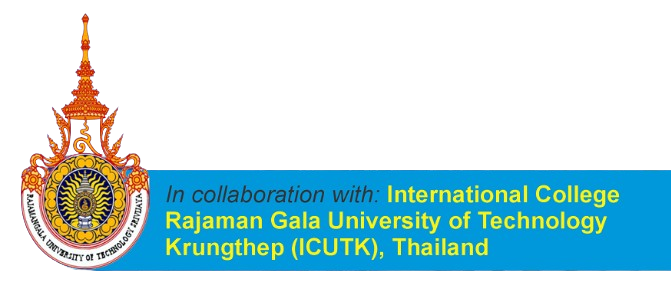APPLICATION OF THE ORIGINALITY PRINCIPLE OF COPYRIGHTED WORKS BASED ON LAW NUMBER 28 OF 2014 (CASE STUDY OF PLAGIARISM WARKOPI VS WARKOP DKI)
DOI:
https://doi.org/10.55751/jfhu.v2i01.140Keywords:
Originality Principle, Copyrighted Works, PlagiarismAbstract
The originality principle is very fundamental in copyright protection as stipulated in Law No. 28 of 2014. This principle asserts that copyrighted works must be created directly by the creator and have distinctive characteristics that distinguish them from other works. This type of research is normative with a legislative approach. The data used is secondary data consisting of primary, secondary and tertiary legal materials. This research analyzes that Warkopi's plagiarism violates the principle of originality as stipulated in Law No. 28 of 2014 in Article 1 numbers 2 and 3 and Article 40 paragraph (1) which protects photographic, portrait and cinematographic works. Warkopi's imitation of characters and concepts not only violates moral rights, but also potentially violates the economic rights of Warkop DKI. Thus, this research is expected to be a reference to prevent plagiarism of copyrighted works and respect the economic and moral rights of creators in the future.










